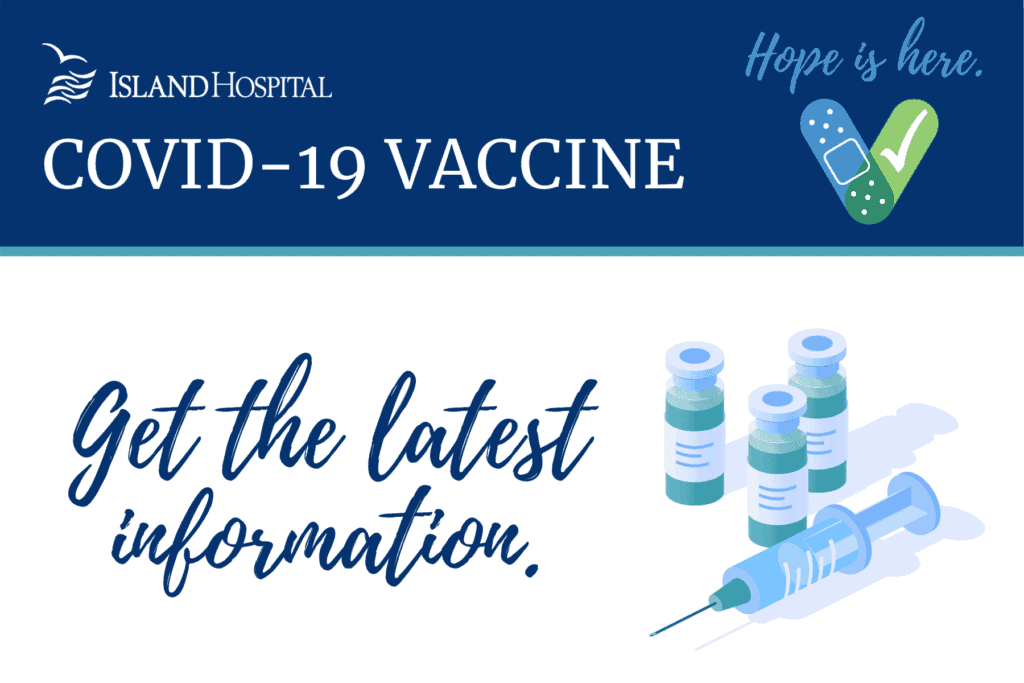COVID-19 Vaccines: What we know right now

Importance of Herd Immunity and Continuation of Vaccination
As COVID-19 cases decline due to increasing vaccination rates, many people are looking forward to the return of pre-pandemic norms. However, this return is impossible for some community members until herd immunity is achieved through vaccination.
Herd immunity is achieved when a large portion of a community becomes immune to a disease, thus decreasing the likelihood of disease spread from person to person. Immunocompromised individuals, either by disease or medication, are the most at risk as their immune systems are too suppressed to produce a good response to the COVID-19 vaccine. The vaccines are ineffective in these patients. Their risk of infection only reduces once disease spread is reduced.
So how do we reach herd immunity? First, get vaccinated – make an appointment today. Then, encourage friends and family also to get vaccinated. Vaccines are widely available at local pharmacies, at pop-up vaccine sites throughout our region, and our Island Hospital primary care clinics will soon be providing them to patients as well. The Pfizer vaccine is approved for anyone 12 years and older, with other vaccines soon to follow with adolescent approvals. To find a vaccine location in your area, visit vaccinelocator.doh.wa.gov.
Length of Protection and Booster Shots
One of the most common questions we receive at our vaccine clinics is how long the vaccine protection will last. . The short answer is no one knows. COVID-19 is a virus, and viruses, by nature, mutate. How quickly that mutation occurs and whether existing vaccines cover its new variants remains uncertain. Current guidance suggests at least six months to one year of protection with the current vaccinations. Vaccine manufacturers are now conducting trials of booster doses.
Traveling Safely
The CDC has determined domestic travel to be safe for fully vaccinated individuals. You are fully vaccinated two weeks following the first shot of Johnson and Johnson vaccine or two weeks following the second shot of Moderna and Pfizer vaccines. Masks are still required on all forms of public transportation regardless of vaccine status. Continue to frequently wash your hands or use hand sanitizer, especially after being in public areas. Travelers should self-monitor for COVID-19 symptoms, quarantine and get tested should they develop symptoms.
If unvaccinated individuals must travel, in addition to the precautions above, it is recommended they take a COVID-19 test one to three days prior to travel. They should avoid crowds and stay at least six feet from anyone not traveling with them. The CDC recommends another viral test three to five days after travel AND self-quarantining at home for a full seven days after travel.
 Kristin Rogers, PharmD, BCPS is a clinical pharmacist at Island Hospital. She has a Doctorate in Pharmacy and a Bachelor’s degree in health science from Creighton University in Omaha, NE. She also has her Board Certification in Pharmacotherapy. A resident of Anacortes the last sixteen years, Rogers loves giving back to the community through her work at the hospital and various volunteer opportunities.
Kristin Rogers, PharmD, BCPS is a clinical pharmacist at Island Hospital. She has a Doctorate in Pharmacy and a Bachelor’s degree in health science from Creighton University in Omaha, NE. She also has her Board Certification in Pharmacotherapy. A resident of Anacortes the last sixteen years, Rogers loves giving back to the community through her work at the hospital and various volunteer opportunities.
Published on July 27, 2021
